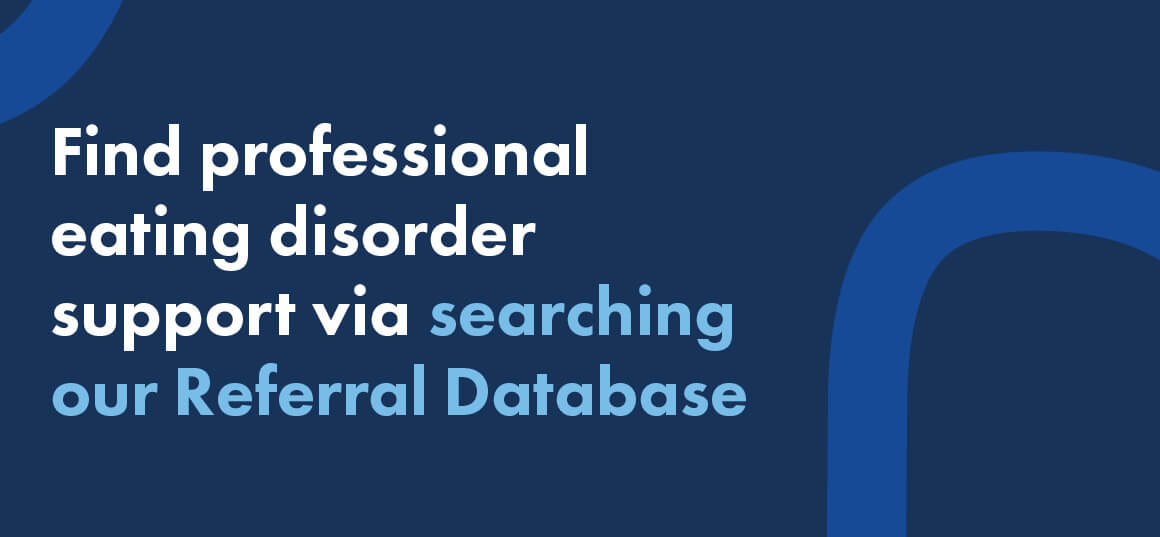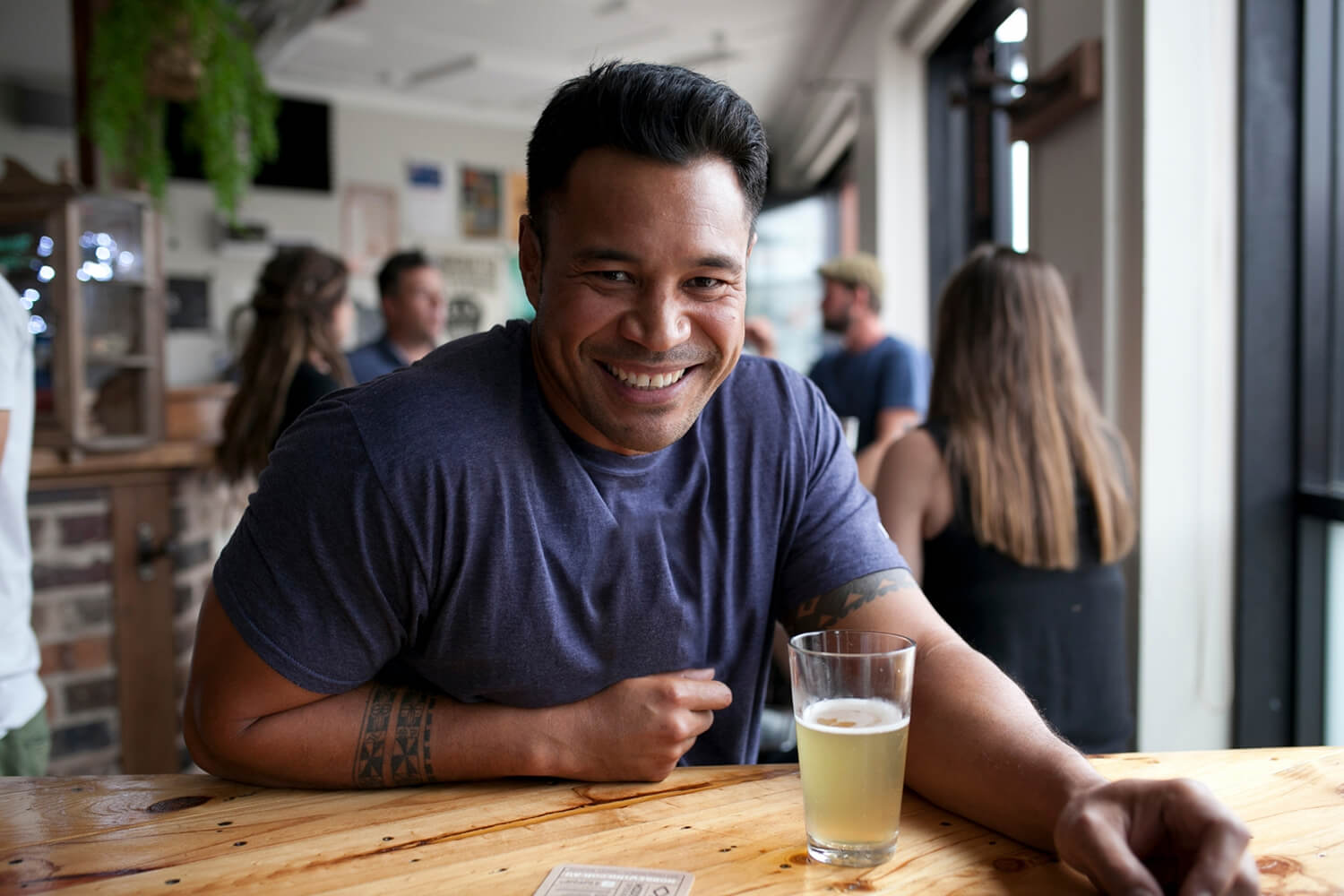Fostering self-compassion and kindness coming out of lockdown
After being confined to our houses for months on end, it’s normal to feel anxiety about returning to a pre-lockdown life. It’s important we are kind to ourselves and our bodies during this time. Here are our top tips for strengthening your self-compassion and self-kindness.
Positive affirmations to help you practice self-kindness
A helpful exercise might be using a positive affirmation.
A few examples which might resonate: Some that might resonate include:
“I am kind to myself”
“I am worthy of self-kindness”
“I am willing to learn to be kind to myself”
“I am open to more self-kindness in my life”
Play around with a statement that makes sense and feels right to you. You can then write it on a piece of paper and place it somewhere you’ll see it regularly to remind you.
Tips for writing your own positive affirmation include:
• Start with “I am”
• Use the present, now, tense
• Keep it brief
• Make it positive
What does self-kindness look and feel like?
Self-kindness can mean different things to different people. You might think about self-kindness as being more patient with yourself. At its core, self-kindness is about generating feelings of care and comfort towards yourself. It’s about letting go of our inner criticisms and self-judgments and replacing it with kind and compassionate thoughts towards yourself. Seeing, feeling and believing that you are worthy of your own love and support – because you are!
Self-compassion
On your journey to increasing your self-kindness it can be helpful to start practising self-compassion.
Self-compassion is not about embracing good feelings. It’s a practice of goodwill towards ourselves that mean we mindfully accept all of our feelings without discriminating. We accept these feelings them without acting on them. We view them with kindness and self-care, remembering that we’re all perfectly imperfect. In this way self-compassion helps us to grow and transform while generating a sense of inner connection and love for ourselves, even when we feel pain.
How do I strengthen my self-compassion muscle?
Self-compassion helps to create a caring space within you that is free of judgment, where you can see what hurts you and soften these experiences with self-kindness. So, it makes sense to practice self-compassion. Self-compassion becomes an attitude.
The good news about flexing your self-compassion muscle is that the more you practice the easier it becomes. And there are lots of different ways you can build your self-compassion muscle, including:
- Being still: If you start to feel overwhelmed by an uncomfortable emotion a self-compassionate response might be to stop and find stillness. You can focus on your breath. Ground into your body and notice the sensation of your feet on the ground, or the air around your hands.
- Visualising yourself as a child: See yourself as a young child. Ask your inner child what they would like most right now. Maybe it’s a hug. Maybe it’s words of encouragement. Maybe it’s a safe place to cry. Hold your inner child with all the love and kindness you know you deserve.
- Practice mindfulness meditation: This can be in the form of a guided visualisation or even in mindful movement like yoga or tai chi. Feel free to experiment and find a mindfulness practice that works for you.
- Journaling: Take time out to write about your feelings. Journaling can be a safe place where you can uncover and acknowledge your feelings. You can also use your journal to check in with your body, asking it what it would like right now – which is a powerful way to build your mind-body connection.
- Do something nice for yourself: Behavioural acts of self-care can go a long way to cultivating more self-compassion. Perhaps you can make yourself a cup of tea – you can be mindful as you wait for the water to boil and notice the scent of your tea as it brews. Other nice things you can do include painting your nails, going for a walk in nature, or playing with your dog/cat, listening to soothing music, getting a massage or taking time to journal. You get to choose what feels good for you.



















